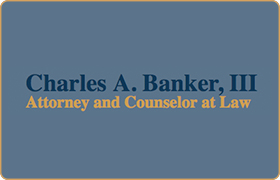Dickinson Felony Lawyer, Texas, page 2
Sponsored Law Firm
-
 x
x

Click For More Info:
-
Charles Banker, Attorney at Law
405 Main St. Ste. 910 Houston, TX 77002» view mapCriminal 30 Years Experience
You need an attorney with criminal defense knowledge who will vigorously protect your rights.
800-969-9880
Feroz Farook Merchant
Traffic, Misdemeanor, Felony, Criminal
Status: In Good Standing Licensed: 25 Years
FREE CONSULTATION
CONTACTDavid L Singer
White Collar Crime, Misdemeanor, Felony, DUI-DWI
Status: In Good Standing Licensed: 41 Years
FREE CONSULTATION
CONTACTSteven Rocket Rosen
Estate Planning, Felony, DUI-DWI, Criminal
Status: In Good Standing Licensed: 44 Years
Rachel Fraser
Divorce & Family Law, Misdemeanor, Felony, Criminal
Status: In Good Standing Licensed: 23 Years
FREE CONSULTATION
CONTACTFREE CONSULTATION
CONTACTMark Anthony Morasch
Domestic Violence & Neglect, Misdemeanor, Felony, DUI-DWI, Criminal
Status: In Good Standing Licensed: 21 Years
FREE CONSULTATION
CONTACT Charles Banker Houston, TX
Charles Banker Houston, TX AboutCharles Banker, Attorney at Law
AboutCharles Banker, Attorney at Law Practice AreasExpertise
Practice AreasExpertise
